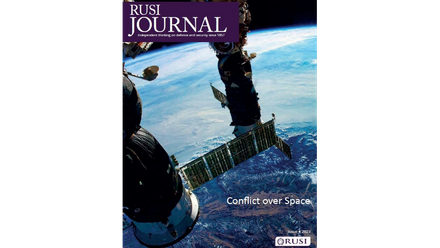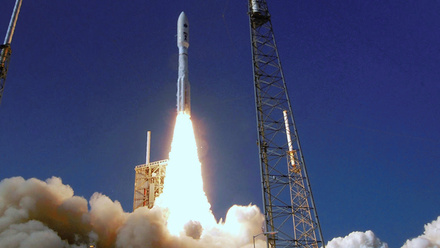Editor's Note (Vol 168 | Issue 4)
At the half-way mark, 2023 is proving yet another year of natural disasters brought about by climate change, with rising temperatures and unpredictable weather events growing in number and magnitude. While the industrialised, wealthy societies of Europe and North America experiencing fire and flood may have greater resilience in terms of economic resources and governance structures, the populations of other, less wealthy countries are often less fortunate. The consequences of these extremes can be as dire as famine, internal displacement and migration, and the creation of fertile ground for criminal or extremist recruitment. The RUSI Journal continues its exploration of climate change and security, following earlier reportages by Susan Schulman on migration routes across the Gulf of Aden and drought in Iraq, with a closer look at the climate crisis in Mozambique, where drought followed by flooding has devastated the livelihoods of local communities and opened up new recruitment opportunities for insurgents and criminal elements. But how can the international community respond to climate change, and who can take action? Richard Milburn argues that, as a key security concern, NATO should not shy away from a proactive climate change strategy that puts mitigation at the heart of its operations.
But while states debate the impact of climate change, they also have their sights beyond the planet, as space becomes an increasingly important domain and competition increases. Paul Meyer discusses the laws and regulations that are currently available for the space domain, and describes how powers from the US to China and Russia have very different views about the institutional and regulatory frameworks that should apply to the space environment.
Definitions and frameworks are also at the heart of George Glover’s article on the terrorist threat in the UK, which examines how the threat has changed over the past two decades and what kind of adjustments are needed to better understand and counter it.
As the threats grow and resources need to be stretched further to respond effectively, Joaquim Soares analyses how large defence institutions can adapt and devise strategies to build and deploy capabilities more quickly and efficiently. And finally, Jonathan Beloff looks more closely at one of the UK’s allies in central Africa and how Rwanda’s leaders reorientated their foreign policy away from erstwhile ally France over the past two decades.
Dr Emma De AngelisEditor, RUSI Journal




